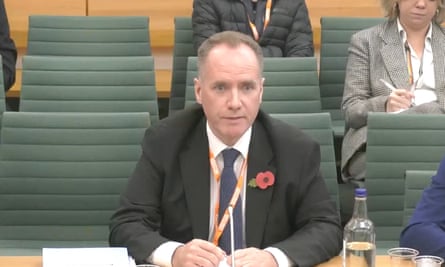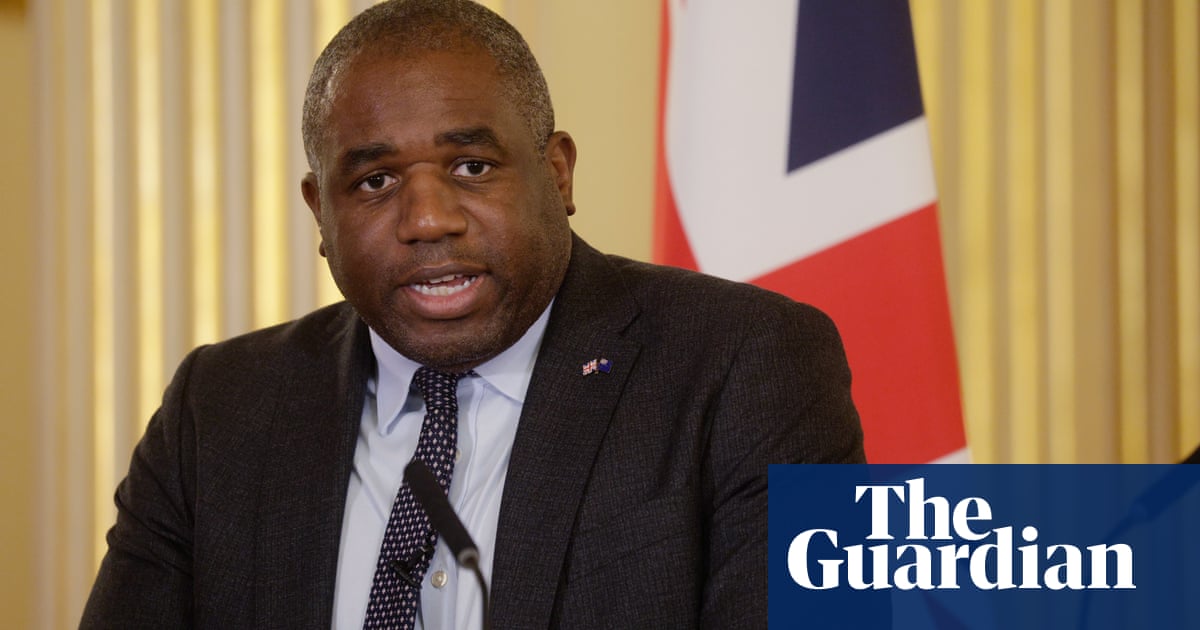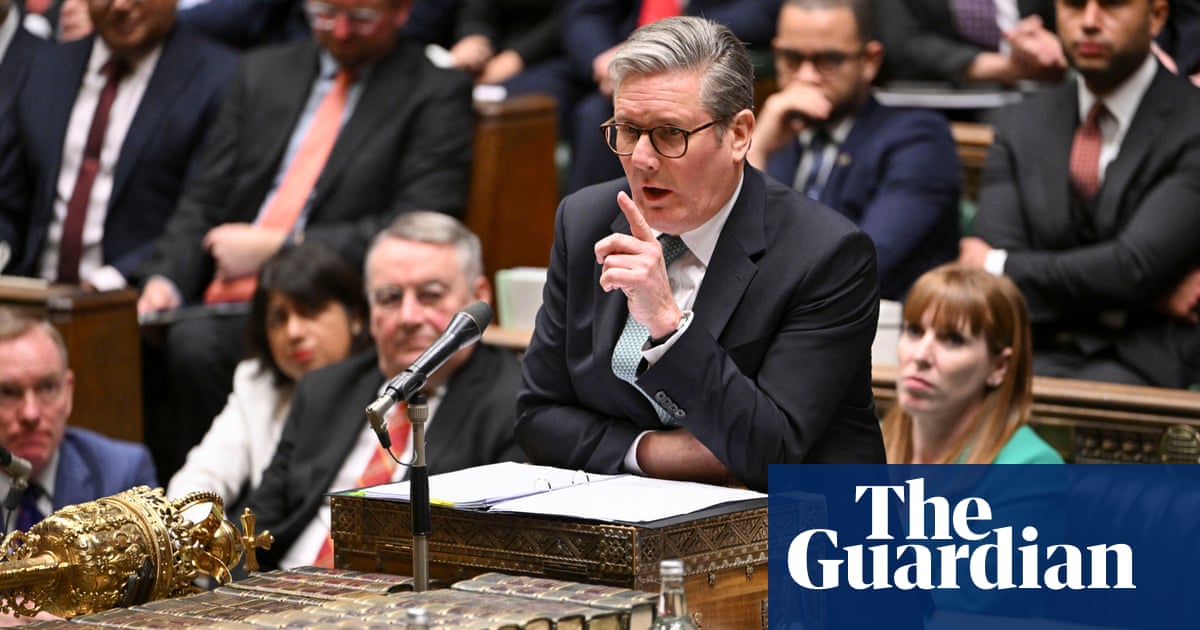Treasury officials may have broken the law when they failed to alert the Office for Budget Responsibility about £9.5bn of spending that should have appeared in the March Tory budget, MPs have been told.
Laws governing how the Treasury gives information to the OBR could have been breached when civil servants kept spending commitments under wraps, the government’s independent economic forecaster said.
The head of the OBR, Richard Hughes, said he had not complained at the time of the March budget “because what you don’t know, you don’t know”. But he said the disclosure would have “materially changed” its forecast predicting the impact on the economy of Jeremy Hunt’s pre-election budget.
The Treasury committee chair, Meg Hillier, said it would need to investigate the legal situation to establish whether any laws had been broken.
Hughes, who was responding to questions about Labour’s first budget in 14 years, also said its increase in employers’ national insurance would lead to a fall in real wages over the longer term.
The OBR’s chief economic adviser, David Miles, added that estimates based on a range of studies showed three-quarters of the impact would fall on workers and just one quarter in lower profits.
Miles said: “Nobody escapes completely, but more of it falls on workers in terms of lower real wages than in lower profits.”
Miles said productivity growth in the UK had been “abysmal” in the last 12 years, but was likely to improve over the rest of the decade, helping wages to recover.
Hughes said the OBR was changing the way it interacted with the Treasury when drawing up its economic and fiscal forecasts.
Rules applying to the relationship between the Treasury and the OBR were included in legislation put in place when the OBR was created by the then chancellor, George Osborne, in 2010.
“We are moving from a system of trust, to a system of trust but verify,” said Hughes.
He said it would mean that the “failure of oversight that very clearly happened in March doesn’t happen again”.

He added: “It will involve greater scrutiny on our part of departmental spending limits, and the preparations of departments’ budgets, to make sure that those kind of pressures do get disclosed to us, and we have a conversation about how they will be managed and offset, and what it means for departmental overspending or underspending.”
Hughes said how the OBR had built a way of working with the Treasury over the years, which was a “high trust relationship” that expenditure pressures on departments were being well managed and managed within the spending total allocated to departments.
He said: “That system very clearly broke down.”
after newsletter promotion
Hughes said the OBR was not aware of the extra pressures on government departments when the chancellor, Rachel Reeves, told MPs in July there was a £22bn “black hole” in the public finances.
Asked how the OBR was blindsided, Hughes said: “The Treasury has a large number of public servants managing departmental budgets. We have a handful of people who have to focus their scrutiny and challenge on what they think the biggest risks are.”
Hughes said the OBR asked the Treasury what information was held by civil servants and ministers when the independent forecaster compiled its March predictions.
This request uncovered “£9.5bn of net [spending] pressure which they did not declare to us, which under the law and under the act they should have”, Hughes said.
Hughes said the sensitivity of Labour’s spending plans to wider economic shocks was illustrated by how a 0.3% increase in interest rates would wipe out the “fiscal headroom” and mean the Treasury breaks a target to bring down debt over the next five years.
The headroom refers to the buffer between the total income from taxes and borrowing and the level of spending. Labour has left in place a buffer of just £11bn in five years.
OBR member Tom Josephs said: “To get the current balance down to essentially zero – so to take away all the current headroom – we have 0.3%.”
The chair of the Treasury committee, Meg Hillier, said it was a significant risk to the budget plans that only a small rise in interest rates above the forecast would eliminate the buffer.

.png) 2 months ago
15
2 months ago
15













































